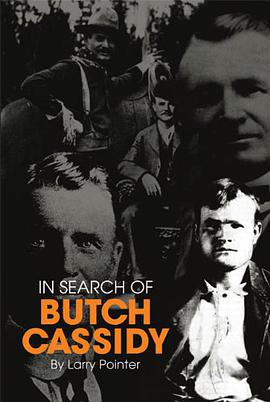

具體描述
Robert Allen's compelling book examines burlesque not only as popular entertainment but also as a complex and transforming cultural phenomenon. When Lydia Thompson and her controversial female troupe of "British Blondes" brought modern burlesque to the United States in 1868, the result was electric. Their impertinent humor, streetwise manner, and provocative parodies of masculinity brought them enormous popular success--and the condemnation of critics, cultural commentators, and even women's rights campaigners.Burlesque was a cultural threat, Allen argues, because it inverted the "normal" world of middle-class social relations and transgressed norms of "proper" feminine behavior and appearance. Initially playing to respectable middle-class audiences, burlesque was quickly relegated to the shadow-world of working-class male leisure. In this process the burlesque performer "lost" her voice, as burlesque increasingly revolved around the display of her body.Locating burlesque within the context of both the social transformation of American theater and its patterns of gender representation, Allen concludes that burlesque represents a fascinating example of the potential transgressiveness of popular entertainment forms, as well as the strategies by which they have been contained and their threats defused.
著者簡介
圖書目錄
讀後感
評分
評分
評分
評分
用戶評價
相關圖書
本站所有內容均為互聯網搜索引擎提供的公開搜索信息,本站不存儲任何數據與內容,任何內容與數據均與本站無關,如有需要請聯繫相關搜索引擎包括但不限於百度,google,bing,sogou 等
© 2025 book.quotespace.org All Rights Reserved. 小美書屋 版权所有




















